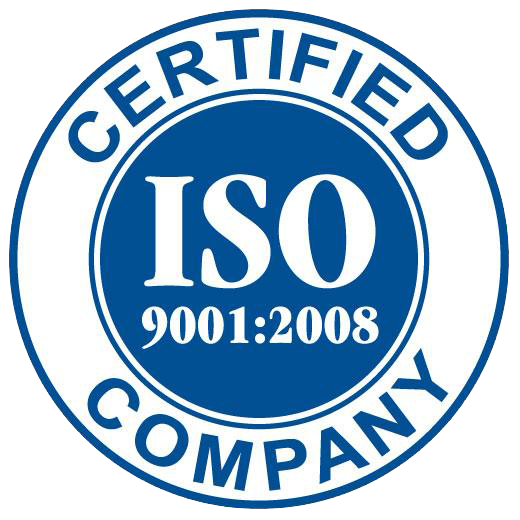Government moves to expropriate bankrupt agro-export giant VICENTIN
Date: 09/06/2020
Gd morning
President Alberto Fernández announced Monday that the government will move to nationalise bankrupt agricultural giant Vicentin, will a bill sent to Congress in the next 60 days to expropriate the firm.
Critics quickly charged that the move was ideological, drawing parallels with other similar moves under Peronist governments, but Fernández said the move to save the bankrupt agro-export giant was predominantly motivated by a wish to save jobs.
"We are going to come to the rescue of Vicentín and defend its 2,600 workers,” the Peronist leader said at a press conference at the Casa Rosada, saying the move would bring peace of mind to the firm’s employees and agricultural producers, who depend on Vicentin to continue exporting.
The president said that the government would step in and run the firm for the next 60 days while congressional approval for the move is sought, with agricultural economist Gabriel Delgado serving as trustee.
"The law will declare the company of public utility. In this way a trust fund can be formed to administer the assets [of the firm]. The administrator will be YPF-Agro, of mixed capital and the agricultural section of the [state] oil company," said Fernández.
Vicentin said that it was halting payments and calling creditors back in December. Last year it was the fourth-largest exporter of cereals and oils, with a turnover of around US$3 billion.
The company was born as a family business in Santa Fe Province, before expanding into the export business. At its peak it began producing biodiesel and ethanol, and dipped into a host of other industrial activities.
Vicentín has a debt of about US$1.5 billion. Some US$300 million is owed to the state-run Banco Nación, which granted him credits shortly before he filed for bankruptcy during the Mauricio Macri adminisration, which prompted the initiation of a judicial investigation for fraud against the State.
Argentina is among the top 10 food exporters in the world, particularly with soy, corn and derived oils.
Under the plan, all of Vicentin’s assets – the crown jewels of which are soy-processing plants that supply the world with meal for animal feed and cooking oil – will be placed in a trust managed by the agriculture arm of state-run oil company YPF SA.
YPF Agro would then absorb Vicentin entirely, creating a state commodities giant with major hands in shale drilling, fuel dispensing and crop trading – and even giving the government more clout in the currency market, Production Minister Kulfas said.
The move comes at a delicate time for Argentina, which is negotiating a restructuring of US$65 billion in overseas debt. It also revives memories of the 2012 nationalization of YPF and other companies during the presidency of Fernández de Kirchner, and raises questions about how Argentina will lure private-sector investments to lift its economy off the floor.
“History shows us that state interventions, in grain trading in particular, create severe distortions that end up deepening problems instead of solving them,” the Argentine Rural Society said in a statement.
The main opposition coalition rejected the measure, calling it “illegal and unconstitutional.”
The government contends that the repercussions of Vicentin’s financial crisis on Argentina’s farm industry were simply too big to ignore. The closely held firm is a major part of Argentina’s US$20-billion-a-year crop export business, accounting for 7.4 million metric tons of oilseed-crush exports in 2019.
“There’s a certain belief, especially among independent and small producers who have been quite damaged by Vicentin’s failure, that the company needed to be saved in some way,” said Juan Cruz Diaz, director of political consulting firm Cefeidas Group in Buenos Aires.
Vicentin’s fate has been closely tied to politics. The company grew under free-market champion Mauricio Macri and then fell into disarray when Fernandez emerged as his likely replacement. Gabriel Delgado, an agriculture secretary under Kirchner, will lead the government’s intervention.
The company defaulted on about US$1.5 billion of debt last year. A court in Santa Fe province, where the company is headquartered, has been overseeing a bankruptcy in a procedure that’s similar to Chapter 11 in the United States.
A big chunk of Vicentin’s debt is owed to state-run Banco Nación. But the expropriation plan was still a surprise to company executives, who’ve been in talks with existing partner Glencore Plc and other companies, a spokesman said.
Switzerland-based Glencore has a joint venture with Vicentin called Renova, which includes one of the world’s biggest soy-crushing plants. Fernandez said it was too soon to say how a new state partnership with Glencore would work.
Argentina is the largest exporter of soy meal for animal feed and soy cooking oil, and in recent years Vicentin has fended off multinationals to have the top share of those shipments.






